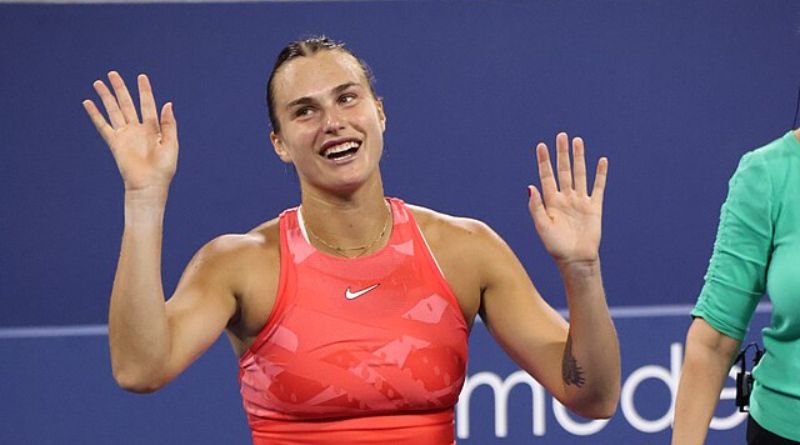
Melbourne, Australia — In a stunning display of prowess, Aryna Sabalenka, currently ranked World No. 2, clinched her second consecutive Australian Open title by defeating China’s Zheng Qinwen with a commanding score of 6-3, 6-2 in the women’s final this Saturday.
Dominance from the Outset
From the very beginning, Sabalenka asserted her dominance, overpowering Zheng’s service games on three separate occasions. In a swift victory lasting just 1 hour and 16 minutes, Sabalenka etched her name in history, becoming the first woman since Belarusian compatriot Victoria Azarenka in 2012 and 2013 to achieve back-to-back victories in Melbourne.
Unprecedented Achievement
Sabalenka’s second Grand Slam title punctuates a fortnight of sheer dominance. She sailed through the tournament, winning a flawless 14 out of 14 sets and conceding a mere 31 games throughout her remarkable run.
Zheng’s Inaugural Grand Slam Final
Zheng, the 12th seed in Australia, found herself in her maiden Grand Slam final. However, the pressure was evident from her very first service game. Sabalenka capitalized early, breaking for a 2-0 lead. Despite facing three break point opportunities, Sabalenka rallied to hold for a swift 3-0 advantage.
Throughout the first set, Sabalenka maintained her relentless performance on her service games, conceding only one point on her first serves and denying Zheng any further break point opportunities.
Second Set Surge
The second set unfolded similarly, with Sabalenka breaking in the first game thanks to three double faults from Zheng. This early advantage proved pivotal as Sabalenka swiftly capitalized, putting the contest almost out of reach.
Brief Protest and Unwavering Resolve
Although a protest briefly interrupted the match as Zheng found her rhythm on serve, it proved too late, mirroring the pattern of the first set. Sabalenka broke once more in the fifth game, securing the match. Remarkably, her concession of five games marked the fewest in an Australian Open final since Azarenka’s three in 2012.
Sabalenka’s Post-Match Reflection
Expressing her joy in the post-match news conference, Sabalenka acknowledged Zheng’s prowess as a tough opponent. She emphasized her desire to showcase consistency and dispel any notion that her initial Grand Slam title was a fluke.
Evolving Skill Set
Sabalenka’s evolution as one of the premier hard-court players is evident in her 14 titles, with 12 achieved on hard courts, including her two Grand Slam victories in Melbourne.
Future Aspirations
Despite her success on hard surfaces, Sabalenka is actively working towards becoming an all-court player. Her ambition extends to challenging for major titles at Roland Garros and Wimbledon.
“I think last year I proved I can play on each surface,” she asserted. “If I’m going to keep working like I am right now, I’m definitely able to do the same on clay and grass.”
Zheng’s Perspective
Zheng admitted to a “slow” start, attributing her challenge to falling behind early. Reflecting on the match, she pointed out key moments where missed opportunities affected the outcome.
Learnings for Zheng
Acknowledging the need for improvement, Zheng highlighted the importance of mental toughness in critical moments. She expressed the determination to analyze losses, learn from them, and return stronger in future competitions.
Rankings Update
With this victory, Sabalenka maintains her position at World No. 2, closely trailing World No. 1 Iga Swiatek. Meanwhile, Zheng ascends to a career-high ranking of No. 7, marking a significant milestone in her tennis journey.



